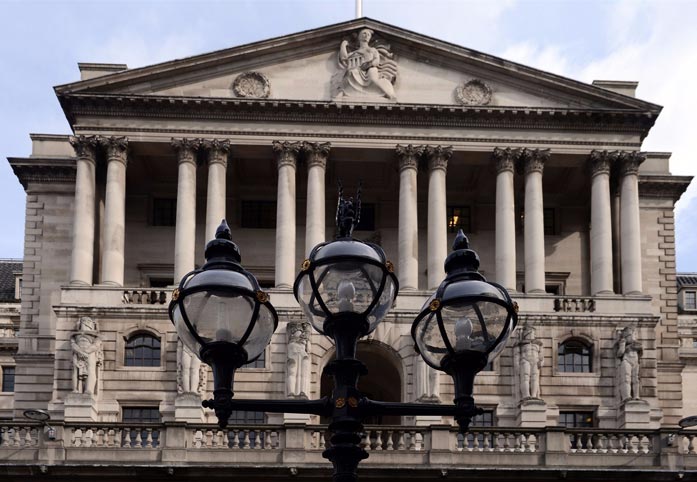Last Friday the new British Chancellor Quasi Kwarteng unveiled £45 billion of annual unfunded tax cuts that sparked fears the national debt will spiral out of control. The measures included tax cuts, unfettered bankers’ bonuses and other incentives to drive growth.
Deregulatory packages for the financial-services sector, planning, agriculture, telecoms and childcare are only due after the party conference recess and before the Office for Budget Responsibility publishes its independent assessment of the public finances on Nov. 23. The government has said it will wait until the OBR forecast to publish its fiscal framework, which will be a combination of fiscal and growth measures. So all we got was a high-level pen picture, with no detail, and no forecasts. Which is why they did not call it a budget.
But not only was this a major shift from previous Government policy, but it triggered concerns it may be inflationary. Markets reacted badly, as we reported in our weekly wrap, and continued to drive bond yields higher (remember the inverse relationship between bond yields and bond prices – see my earlier show on bonds if you want to understand how these IOU’s work and are priced. https://youtu.be/aOZZPtxlMSQ
Long term bond yields rose significantly, as can be seen by the plot of UK 30-year bonds. And significantly, these instruments are used to price mortgages and cover exposures for pension funds, so they drive the momentum in the financial markets. So, no surprise on Tuesday, markets were roiled and continued their bear market slides, not just in the UK but around the world. The fallout was significant with people thinking the Bank of England would have to lift interest rates – perhaps up to 6% – and meantime many lenders stopped writing mortgages, while pension funds and hedge funds were forced to sell bonds as the prices fell, causing a self-reinforcing downward spiral.
Also, on Tuesday BOE Chief Economist Huw Pill said the bank’s program of government bond sales should go ahead as planned next week if the market repricing stays orderly.
Then On Wednesday we had a series of events which shocked the markets. First the IMF openly criticised the UK government over its plan for tax cuts, warning that the measures are likely to fuel the cost-of-living crisis. In an unusually outspoken statement, the IMF said the proposal was likely to increase inequality and add to pressures pushing up prices.
The IMF of course is normally dealing with developing countries, and applying a Neo-liberal philosophy seeks to cut spending, reduce debt and bring struggling economies back to health. Often financial help is predicated on them taking specific, and often unpopular measures. So, when the IMF specifically called out the UK for its policies, the writing was on the wall.
Not much later, the Bank of England announced they would be carrying out unlimited temporary purchases of long-dated UK government bonds from 28 September. The purpose of these purchases will be to restore orderly market conditions. They are seeking to stave off the crash, by unlimited purchases of gilts.
Is this a Lehman moment?
Go to the Walk The World Universe at https://walktheworld.com.au/
Today’s post is brought to you by Ribbon Property Consultants.
If you are buying your home in Sydney’s contentious market, you do not need to stand alone. This is the time you need to have Edwin from Ribbon Property Consultants standing alongside you.
Buying property, is both challenging and adversarial. The vendor has a professional on their side.
Emotions run high – price discovery and price transparency are hard to find – then there is the wasted time and financial investment you make.
Edwin understands your needs. So why not engage a licensed professional to stand alongside you. With RPC you know you have: experience, knowledge, and master negotiators, looking after your best interest.
Shoot Ribbon an email on info@ribbonproperty.com.au & use promo code: DFA-WTW/MARTIN to receive your 10% DISCOUNT OFFER.


